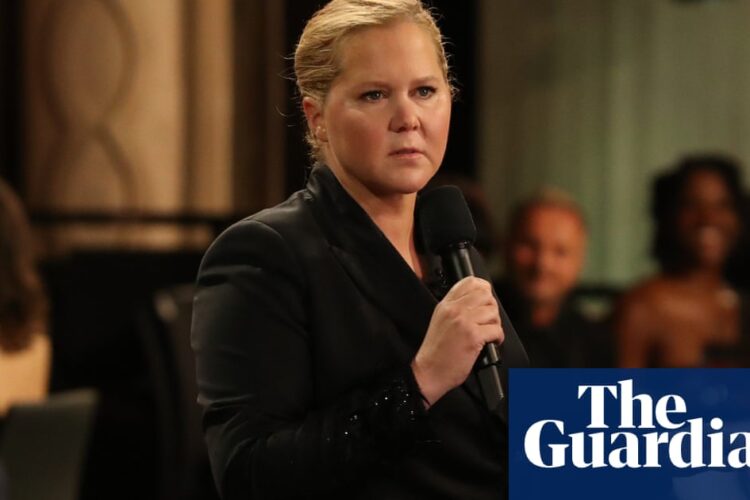
The literary advocacy group PEN America has released a list of the most banned or restricted books in the US prison system, and the rundown comes with some unexpected entries.
The list includes Amy Schumer’s memoir The Girl with the Lower Back Tattoo (flagged by Florida officials for graphic sexual content and for being “a threat to the security, order, or rehabilitative objectives); Sun Tzu’s The Art of War; Barrington Barber’s Anyone Can Draw: Create Sensational Artwork in Easy Steps; and Prison Ramen: Recipes and Stories from Behind Bars, which comes in as the most banned book.
The banned books list, released Wednesday to coincide with Prison Banned Books Week, comes amid an increase in type of books being banned from the prison system, the group said in a statement.
“The common concept underpinning the censorship we’re seeing is that certain ideas and information are a threat,” said the report’s lead author, Moira Marquis, senior manager in the prison and justice writing department at PEN.
Marquis told the Associated Press that the most common reason for books being held back is security and sexual content. But that those terms are used loosely and include, in Michigan, Leonard’s thriller Cuba Libre and Frederick Forsyth’s The Day of the Jackal both listed as a “threat to the order/security of institution”.
A spokesman for the Michigan department of corrections told the wire service that both titles were being re-considered by a new review committee.
PEN says it has found a conjunction between prison and library book bans. The group estimates that more than 40% of all prison book bans took place in Florida last year, amounting to 22,000 books. Texas has more than 10,000 on its banned-from-prison list. Florida and Texas also head the list of states with the largest number of books banned from non-correctional public institutions.
The group says books banned from prisons are larger in number and go beyond questions of content, often requiring them to be sent from “approved vendors”, restrictions designed to stop books being used a s a conduit for drugs. PEN calls such reasoning “spurious”.
“We are witnessing vast amounts of time, effort and money expended in order to stop people from reading,” the group says. “This censorship must end.”

